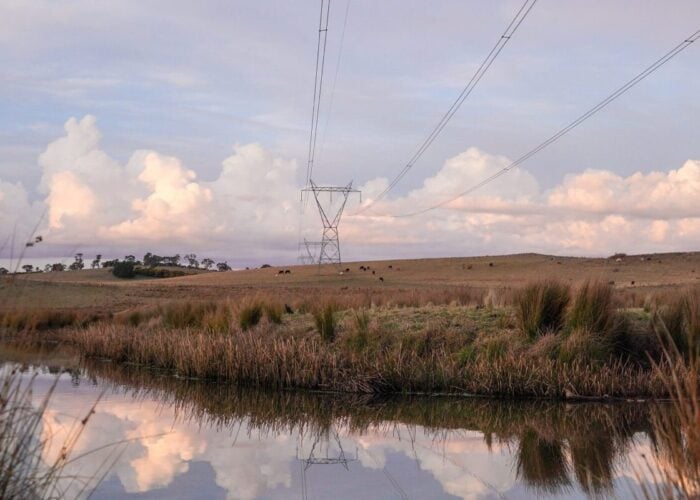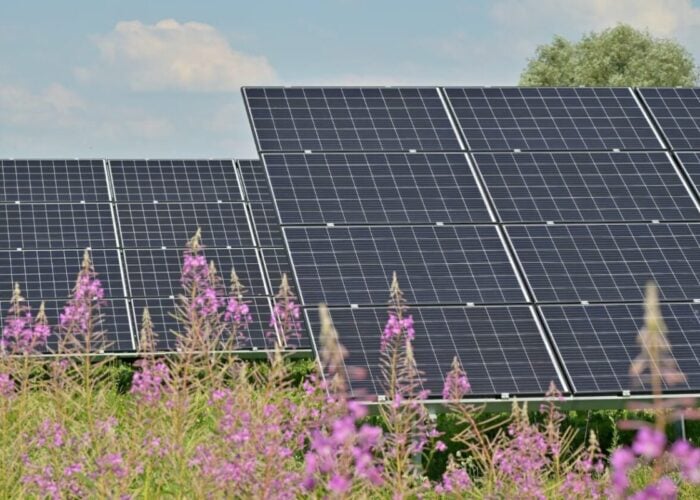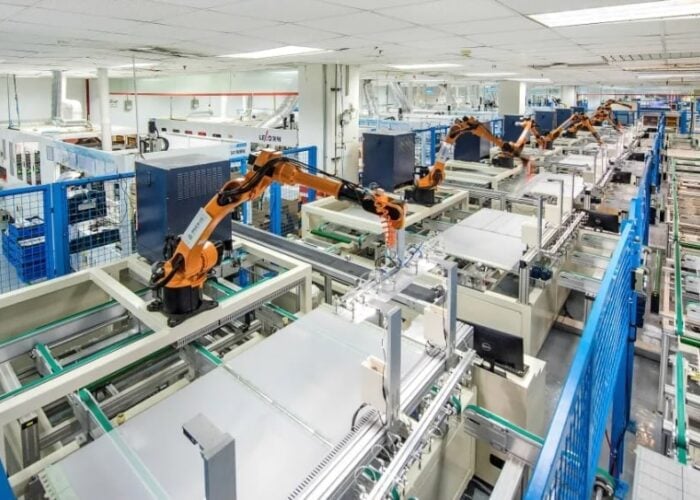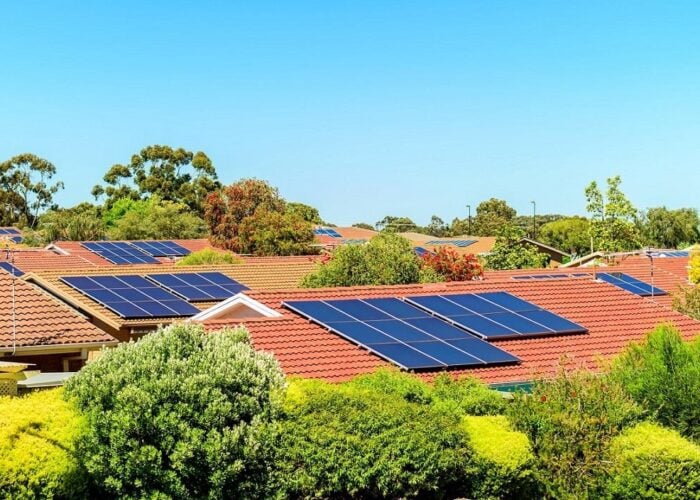
While events in Washington D.C. may have cast a dark shadow over politics in the US yesterday, what transpired in the southern state of Georgia looks set to have significant repercussions on the political landscape for at least the next two years.
In being projected to win their respective run-off elections, triggered by no candidate winning at least 50% of the vote during November 2020’s election, Jon Ossoff and Raphael Warnock have handed the Democrats an effective majority in the US Senate. While both parties hold 50 seats each, vice president-elect Kamala Harris’ tie-busting vote will hand the Democrats, who now hold all three seats of power in the US, full legislative capabilities until the mid-term elections in November 2022.
Try Premium for just $1
- Full premium access for the first month at only $1
- Converts to an annual rate after 30 days unless cancelled
- Cancel anytime during the trial period
Premium Benefits
- Expert industry analysis and interviews
- Digital access to PV Tech Power journal
- Exclusive event discounts
Or get the full Premium subscription right away
Or continue reading this article for free
That could be significant news for the US solar sector, which could now be handed a far more welcoming and progressive policy envelope
One item already handled is, of course, the Investment Tax Credit (ITC), which was extended under the COVID stimulus bill approved late last year. Congressional approval of that bill means that rather than continue to degress, the ITC will remain at 26% for projects that begin construction both this year and next, prior to stepping down to 22% in 2023.
That news was warmly welcomed by the US solar industry at the time, constituting a major ticked box for the Solar Energy Industries Alliance (SEIA), which included such an extension within its ‘Six for 46’ list of policy priorities for President-elect Biden when he assumes office, now in just under a fortnight’s time.
Other items on that list have already perhaps been ticked off. The Federal Energy Regulation Commission now holds a full complement of five commissioners for the first time in two years following the approval of Republican Mark Christie and Democrat Allison Clement last month. This will remain the case until the middle of this year when former chairman Neil Chatterjee’s term at the Commission ends, and a replacement will surely be appointed.
Meanwhile Biden has also named a new climate tsar in John Kerry who has remained an influential voice in the US, and the Biden administration has perhaps guided at just how serious an issue it sees climate change given how Kerry will also be a principal on the National Security Council. This year’s COP summit, delayed by a year as a result of the pandemic, with the US set to rejoin as a fully-fledged signee of the Paris Agreement, will see the country return to the frontline of global climate politics.
Other asks may, however, continue to prove difficult. SEIA has also requested the removal of Section 201 tariffs impacting imports of solar cells and modules alongside a “meaningful policy” around domestic manufacturing. The Trump Administration’s protectionist policies have drawn up numerous barriers to solar imports, with bifacial panels now also embroiled following the repeal of their exemption in November last year. Fresh efforts to challenge that repeal, launched in late December, have yet to be heard.
As heard during November 2020’s Solar & Storage Finance USA event, organised by PV Tech publisher Solar Media, industry analysts do not believe there is substantial appetite to challenge the tariffs. Furthermore, pending what happens between now and 20 January 2021 with regards a Trade Commission investigation of the impacts of the existing tariffs, triggered by Trump’s Presidential Proclamation in October 2020, it may be nigh on impossible to remove them in the short-term anyway.
SEIA’s list of policy ambitions may not be entirely fulfilled, but the majority of those are favoured and with the Democrats now having completed a sweep of the Presidency, House and Senate, President-elect Biden has all the power necessary to deliver a major boon to the US solar industry at a time when it stands ready to accelerate.
While the political landscape beyond 2022 remains unclear, the prospects for solar deployment in the US, if only in the short term, look certain.






